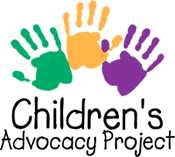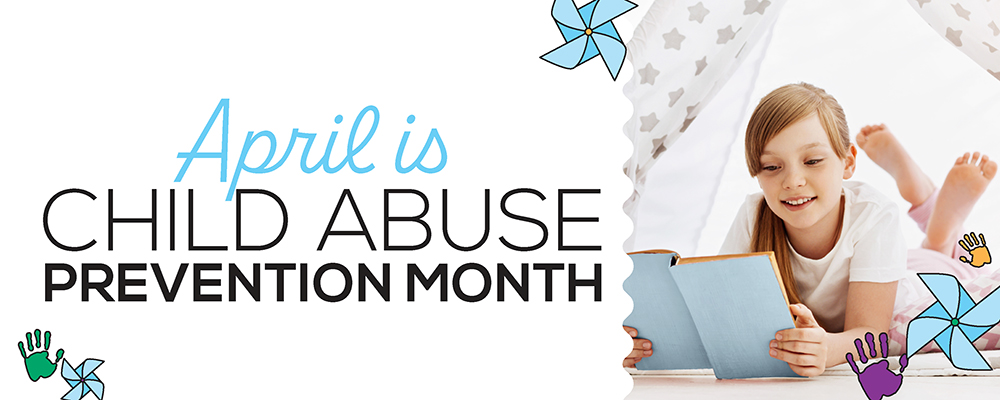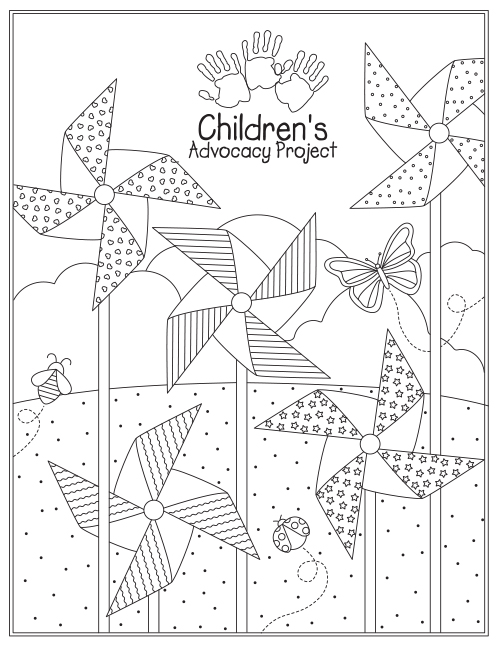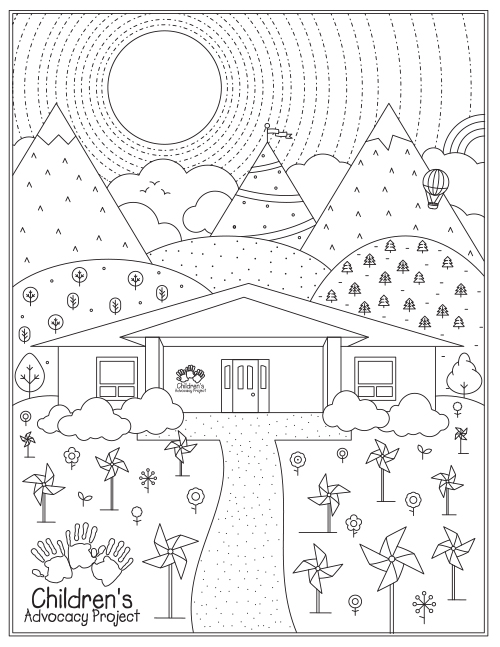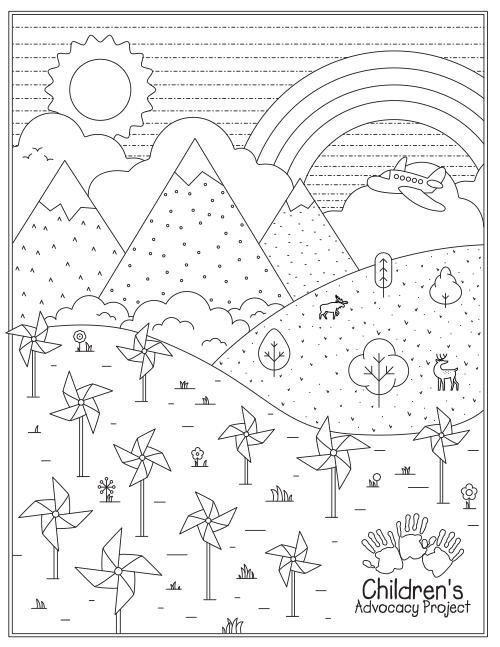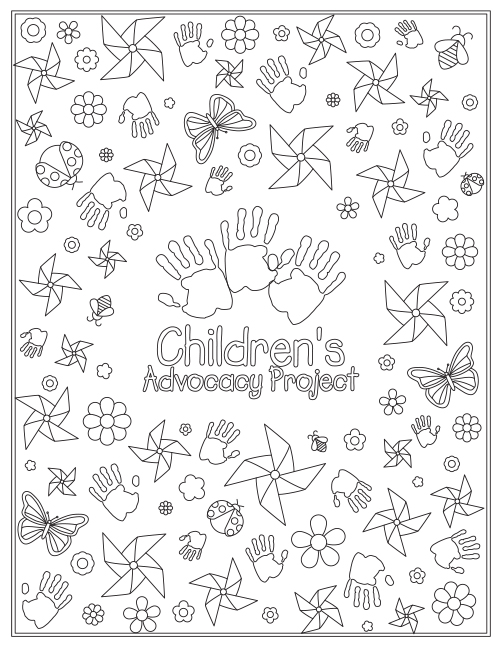April 2023 - Each April, during Child Abuse Prevention Month, we recognize the importance of communities working together to help prevent child abuse. This April marks the 20th year as an organization that we have recognized Child Abuse Prevention Month and we want to thank you for joining us!
Every small action can help families thrive. Together, through purposeful action, we can promote the safety and well-being of children in our community.
Change happens when we advocate for those who need it most. Together we can be the voice for children who do not have a voice.
WHY DOES PREVENTING AND UNDERSTANDING CHILD ABUSE MATTER?
Working towards the prevention of child abuse as a community is important for several reasons:
- Child abuse, whether physical, sexual, or emotional can as lasting and long-term negative effects on the child’s mental health and well-being into adulthood. These Adverse Childhood Experiences (ACEs) can result in depression, anxiety, suicide and more:
- 61% of adults surveyed across 25 states reported that they had experienced at least one type of ACE before the age of 18, and nearly 1 in 6 reported they had experienced four or more types of ACEs.
- Preventing ACEs could reduce health conditions for many adults. For example, by preventing ACEs, up to 1.9 million heart disease cases and 21 million depression cases could have been avoided.
- The economic and social costs to families, communities, and society totals hundreds of billions of dollars each year. A 10% reduction in ACEs in North America could equate to an annual savings of $56 billion.
- In the long term, children who are abuse or neglected are also at increased risk for experiencing future violence victimization and perpetration, substance abuse, delayed brain development, lower educational attainment, and limited employment opportunities.
- The effects of Adverse Childhood Experiences are preventable with early intervention. Creating and sustaining safe, stable, nurturing relationships and environments for all children and families can prevent ACEs and help all children reach their full potential.
Every child deserves to grow up feeling safe and loved!
WHERE IS CHILD ABUSE HAPPENING?
Child abuse might be more common than you think.
- At least 1 in 7 children have experienced child abuse of neglect in the past year in the United States.
- In 2020 alone, 1,750 children in the US died of child abuse and neglect.
- Most child victims are abused by a parent. In 2020, in substantiated child abuse cases, 77% of children were victimized by a parent.
- Of cases at the Children’s Advocacy Project in 2022, of the 282 new cases that came through our door, over 81% of those children experience abuse of neglect by someone they know.
HOW CAN WE PREVENT CHILD ABUSE AND NEGLECT?
- Spread Awareness: Together we can advocate for change.
- Learn the signs & symptoms of abuse and neglect. Share information you learn with those in your community.
- Join us all month long as we share the facts and prevention information.
- Make a donation: A gift to the Children’s Advocacy Project means that every child that walks through our doors will receive comprehensive and coordinated care at no cost.
- Support organizations and programs that strengthen economic supports to families.
WHO IS RESPONSIBLE FOR REPORTING CHILD ABUSE?
Did you know that reporting child abuse in Wyoming isn’t just the right thing to do, it is the law? In Wyoming, everyone is required by state law to report knowledge or suspicions of child abuse or neglect. That means you are a mandatory reporter! If you believe a child you know has been abused, molested, neglected or otherwise maltreated, please report it today.
For an emergency call 911
To report neglect or abuse, contact the Wyoming Department of Family Services (DFS) field office in your community AND your local law enforcement office.
Local DFS Offices by Community:
|
|
|
OTHER WAYS TO GET INVOLVED DURING CHILD ABUSE PREVENTION MONTH:
- Join us Friday, April 7, 2023 for “Wear Blue Day!” Get out your blue jeans and favorite blue tee to show your support for strong families, safe kids, and the prevention of child abuse. Post the photo of your blue and tell us why you support safe, happy childhoods using the #WYIWearBlue
- Join us in planting a pinwheel garden at the Children’s Advocacy Project building (350 N. Ash, Casper, WY 82601) on Wednesday, April 12, 2023, at 11:00 a.m. A pinwheel will be planted for each victim of abuse and maltreatment we served in 2022 – 282 children, 282 pinwheels. We hope these pinwheels serve as a visual reminder of the child abuse that continues to occur in our own community.
- Plant your own pinwheel garden! Plant a garden in front of your home or business with pinwheels you already own!
- Color a pinwheel of your own, just click and download one of the coloring pages below. Share your creation with us on Facebook! #WYPinwheelGarden
Pinwheel Garden Coloring Pages:
(click the sheet you like > download/print > color > share with us!):
Sources: cdc.gov | nationalchildrensalliance.org
